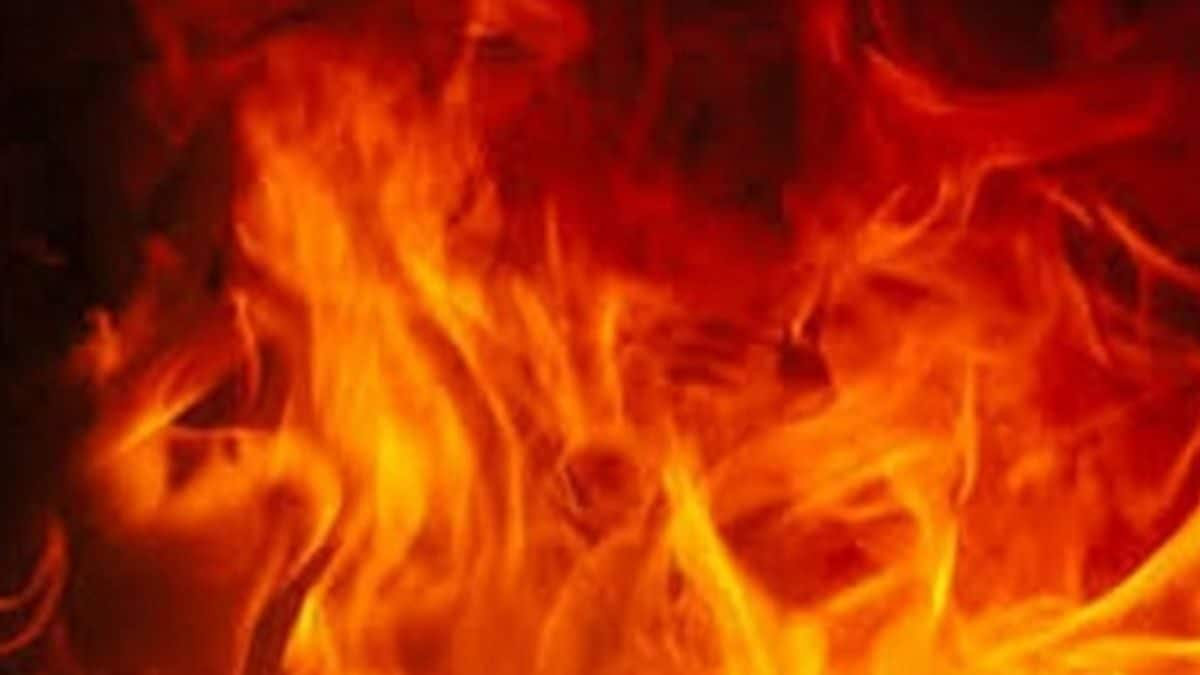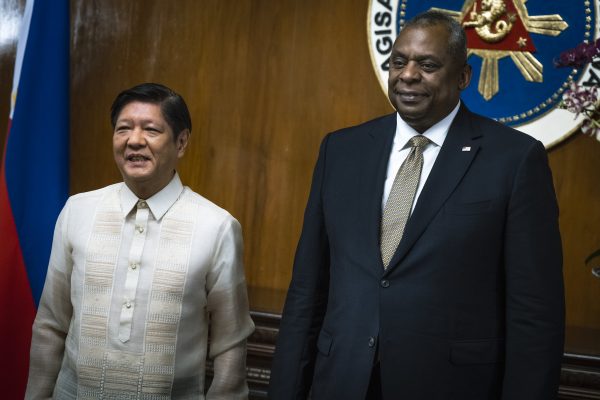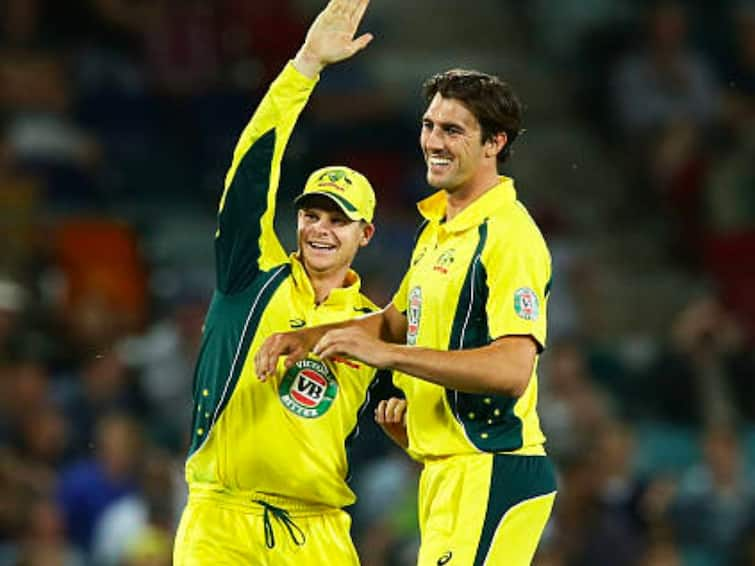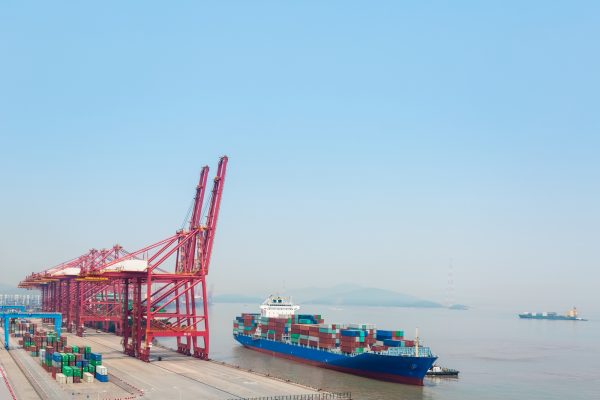The UCC, now owned by Dow Chemicals, gave a compensation of Rs USD 470 million after the toxic methyl isocyanate gas leak from the Union Carbide factory on the intervening night of December 2 and 3, 1984.
India
oi-Madhuri Adnal


The
Supreme
Court
on
Tuesday
dismissed
Centre’s
curative
plea
seeking
an
additional
Rs
7,844
crore
from
Union
Carbide
Corporation’s
successor
firms
to
extend
higher
compensation
to
the
victims
of
the
1984
Bhopal
gas
tragedy
that
killed
over
3,000
people
and
caused
environmental
damage.
The
court
rather
asked
the
government
to
utilise
a
sum
of
Rs
50
crore
lying
with
the
Reserve
Bank
of
India
(RBI)
to
satisfy
pending
claims
of
victims.

A
five-judge
constitution
bench
headed
by
Justice
Sanjay
Kishan
Kaul
said
that
it
disapproves
the
Centre’s
decision
to
rake
up
the
issue
after
two
decades.
“Centre
itself
stated
earlier
that
the
amount
paid
by
Union
Carbide
Corporation
was
sufficient
to
settle
all
the
claims
of
victims
and
there
was
no
merit
in
Centre’s
plea
as
Rs
50
crore
of
the
amount
still
remain
unutilised,”
the
apex
court.
“We
are
unsatisfied
with
the
Union
of
India
for
not
furnishing
any
rationale
for
raking
up
this
issue
after
two
decades,”
the
top
court
said,
adding
that
the
Centre’s
plea
for
“top-up
compensation”
has
no
basis
in
legal
principle.
On
January
12,
the
successor
firms
of
UCC
told
the
top
court
that
the
depreciation
of
the
rupee
since
1989,
when
a
settlement
was
arrived
at
between
the
company
and
the
Centre,
cannot
be
a
ground
to
now
seek
a
“top-up”
of
compensation
for
the
victims
of
the
Bhopal
gas
tragedy.
The
firms
had
told
the
top
court
that
the
Government
of
India
never
suggested
at
the
time
of
the
settlement
that
it
was
inadequate.
“There
are
series
and
series
of
affidavits
starting
from
1995
and
ending
as
late
as
2011,
where
the
Union
of
India
has
opposed
every
single
attempt
to
suggest
that
the
settlement
(of
1989)
is
inadequate.
Affidavits
upon
affidavits
were
filed,”
senior
advocate
Harish
Salve,
appearing
for
the
UCC
successor
firms
had
submitted.
Now,
the
actual
argument
before
the
court
is
that
the
settlement
has
become
inadequate
because
the
rupee
depreciated,
he
had
contended.
 Matter
Matter
of
great
shame:
Anurag
Thakur
says
FATF
has
flagged
Gandhi
family
corruption
The
top
court
had,
during
the
hearing,
told
the
Centre
that
it
cannot
act
like
a
“knight
in
shining
armour”
and
decide
the
curative
plea
seeking
additional
funds
from
UCC
as
a
civil
suit,
and
asked
the
government
to
“dip
into
its
own
pocket”
to
provide
enhanced
compensation.
The
Centre
wants
another
Rs
7,844
crore
from
the
UCC’s
successor
firms
over
and
above
the
USD
470
million
(Rs
715
crore)
it
got
from
the
American
company
as
part
of
the
settlement
in
1989.
A
curative
petition
is
the
last
resort
for
a
plaintiff
after
an
adverse
judgement
has
been
delivered
and
the
plea
for
its
review
is
rejected.
The
Centre
had
not
filed
a
review
petition
for
rescinding
the
settlement
which
it
now
wants
to
be
enhanced.
The
Centre
has
been
insisting
that
the
enormity
of
the
actual
damage
caused
to
human
lives
and
the
environment
could
not
be
assessed
properly
at
the
time
of
the
settlement
in
1989.
On
January
10,
the
top
court
had
questioned
the
Centre
for
pursuing
its
curative
plea
seeking
additional
funds
from
UCC,
saying
the
government
cannot
reopen
a
settlement
that
was
reached
with
the
company
after
over
30
years.
The
UCC,
now
owned
by
Dow
Chemicals,
gave
a
compensation
of
Rs
USD
470
million
(Rs
715
crore
at
the
time
of
settlement
in
1989)
after
the
toxic
methyl
isocyanate
gas
leak
from
the
Union
Carbide
factory
on
the
intervening
night
of
December
2
and
3,
1984
killed
over
3,000
people
and
affected
1.02
lakh
more.
The
survivors
of
the
tragedy
have
long
been
fighting
for
adequate
compensation
and
proper
medical
treatment
for
ailments
caused
by
the
poisonous
gas
leak.
The
Centre
had
filed
the
curative
petition
in
the
apex
court
in
December
2010
for
enhanced
compensation.
On
June
7,
2010,
a
Bhopal
court
had
sentenced
seven
executives
of
Union
Carbide
India
Limited
(UCIL)
to
two
years
imprisonment.
The
then
UCC
chairman
Warren
Anderson
was
the
prime
accused
in
the
case
but
did
not
appear
for
the
trial.
On
February
1,
1992,
the
Bhopal
CJM
court
declared
him
an
absconder.
The
courts
in
Bhopal
had
issued
non-bailable
warrants
against
Anderson
twice
in
1992
and
2009
before
his
death
in
September
2014.



















